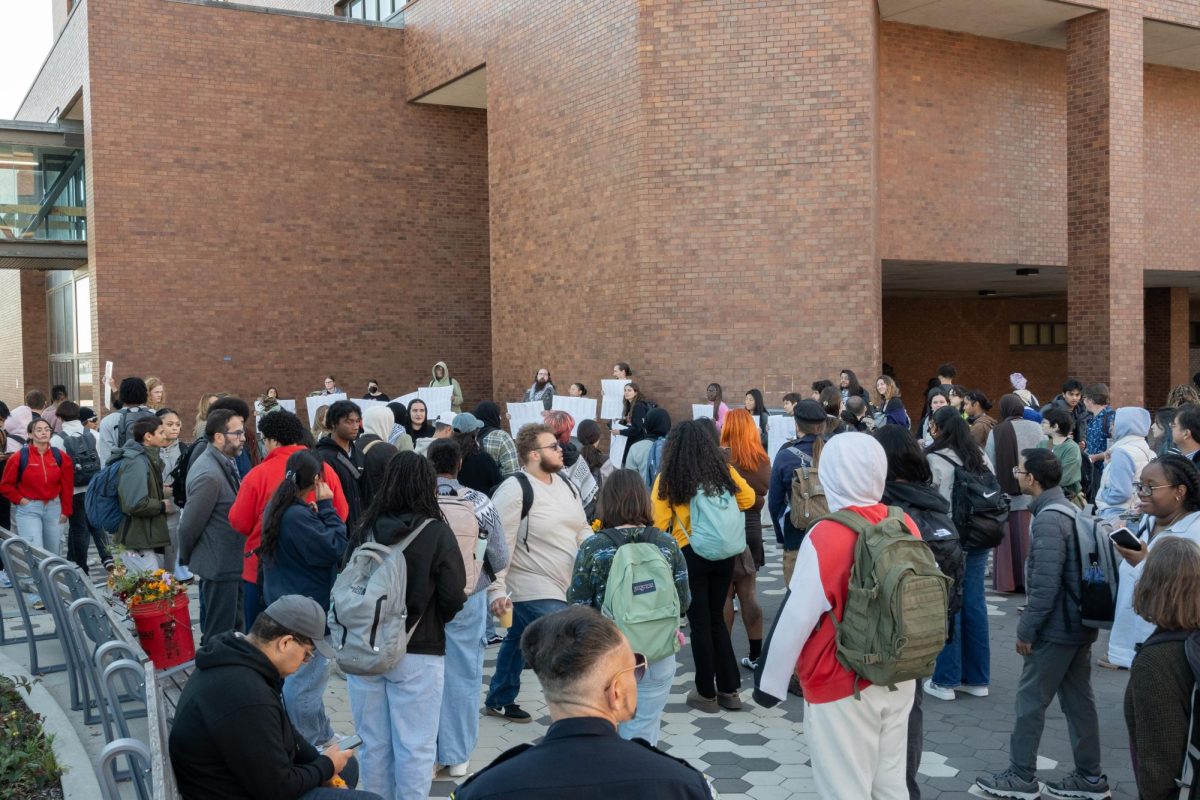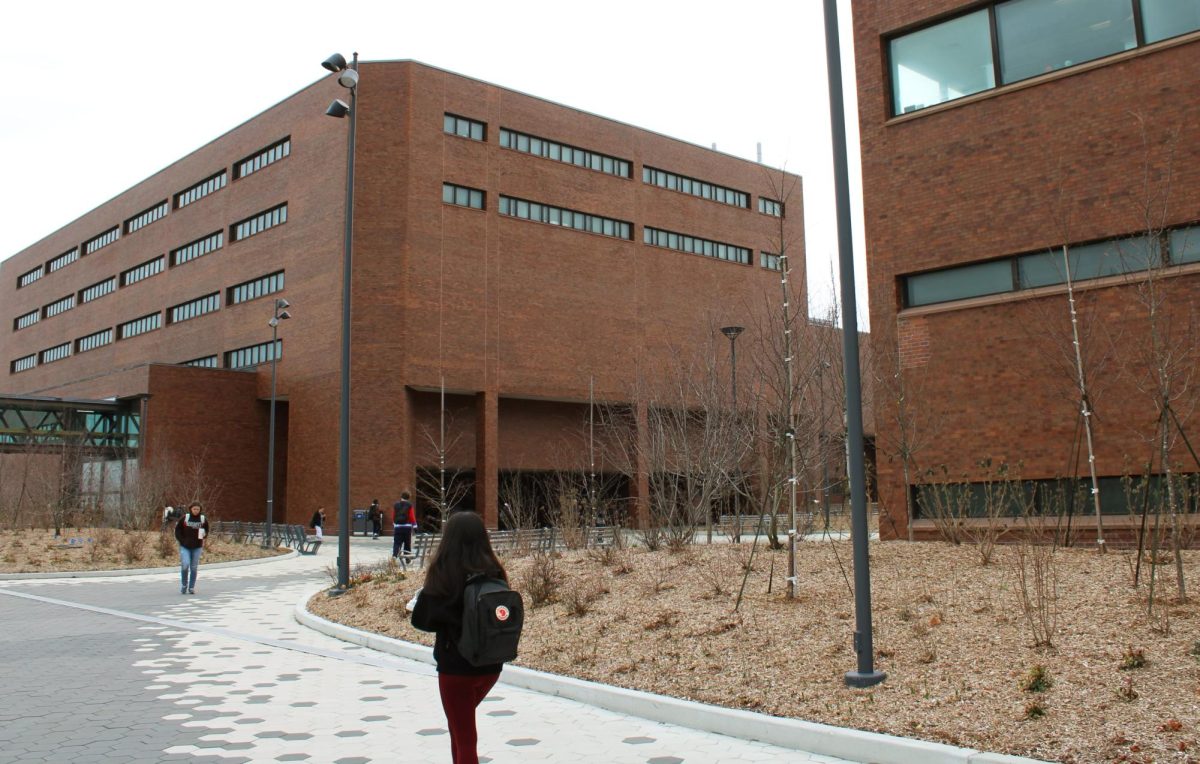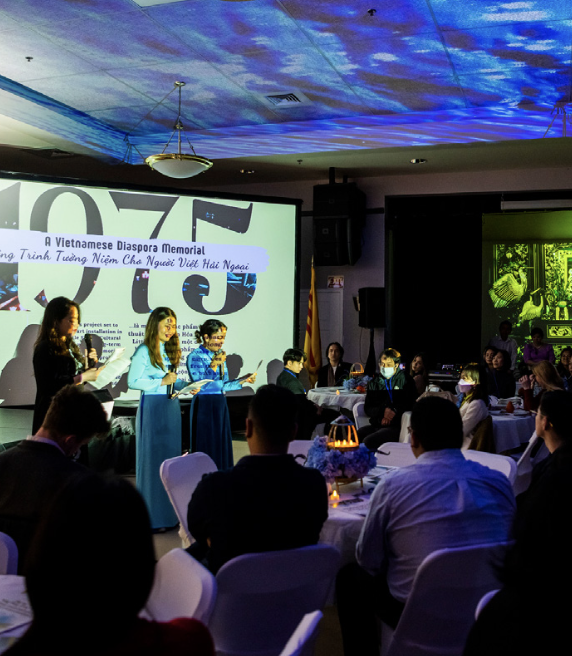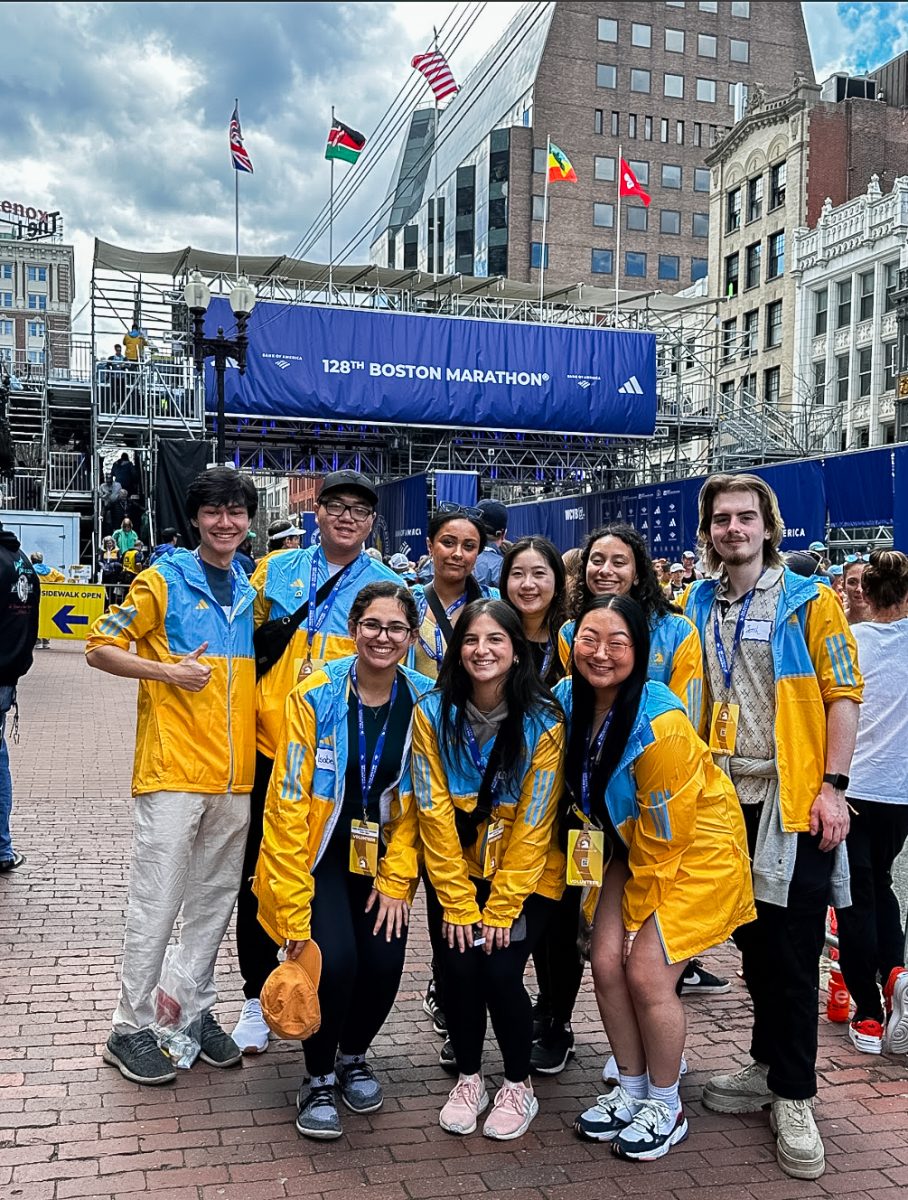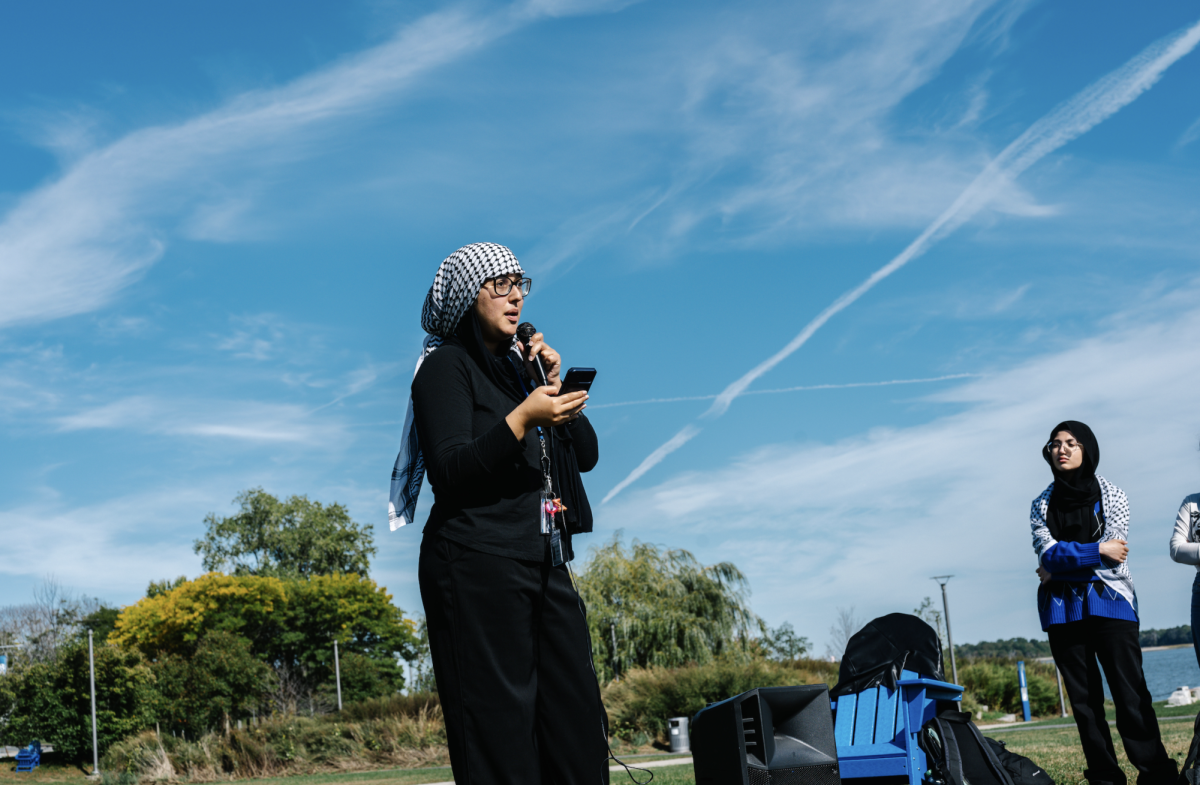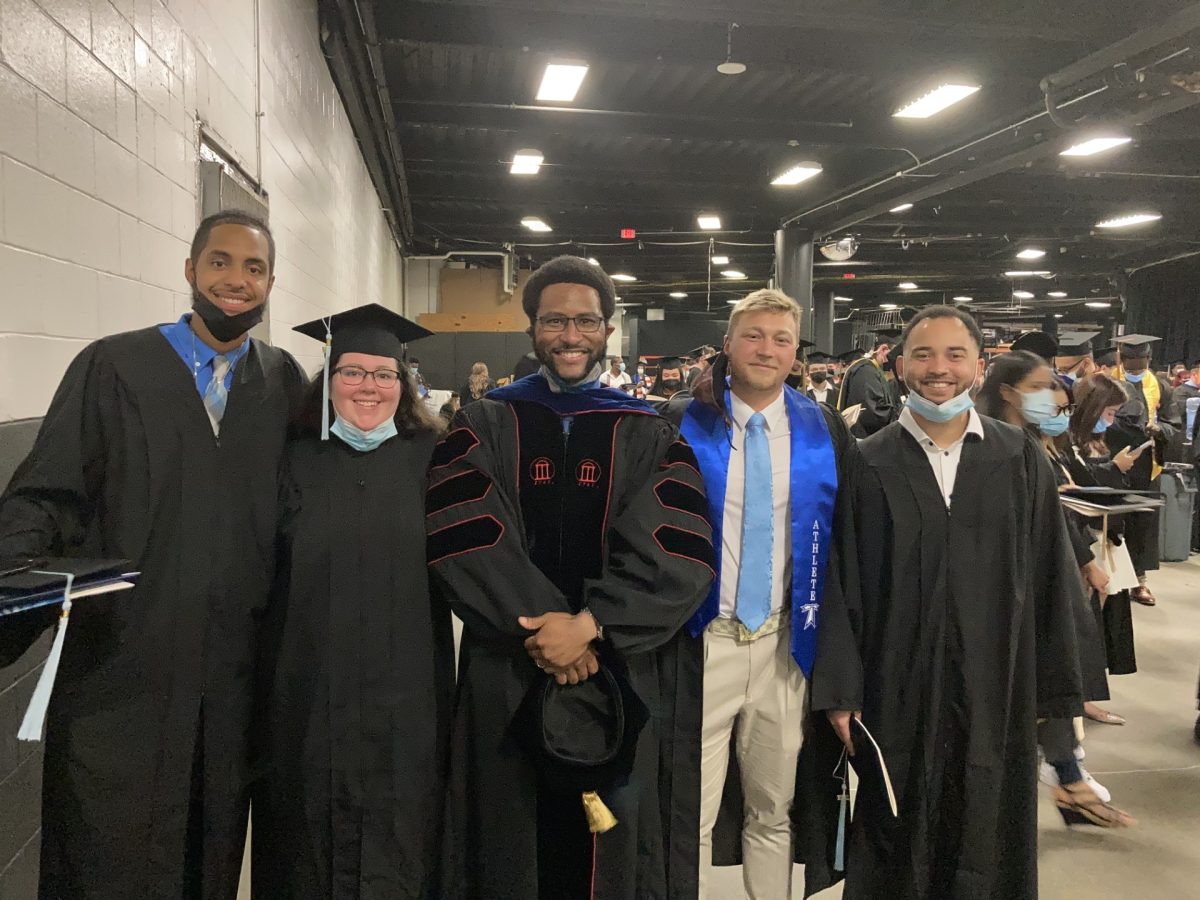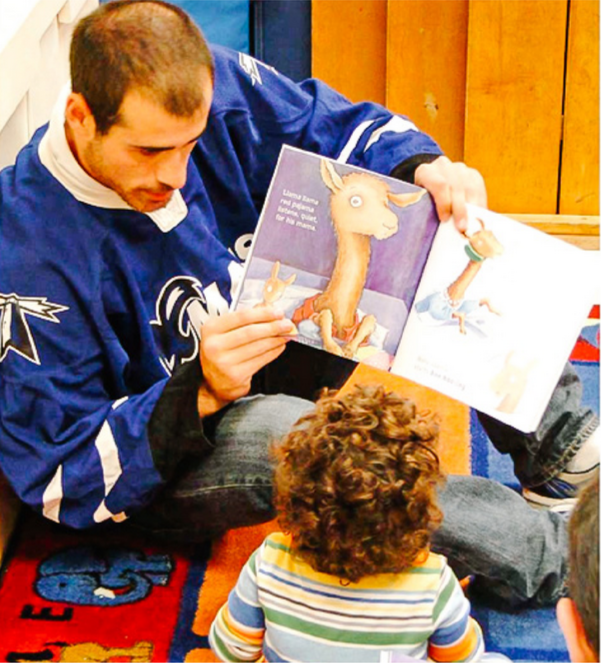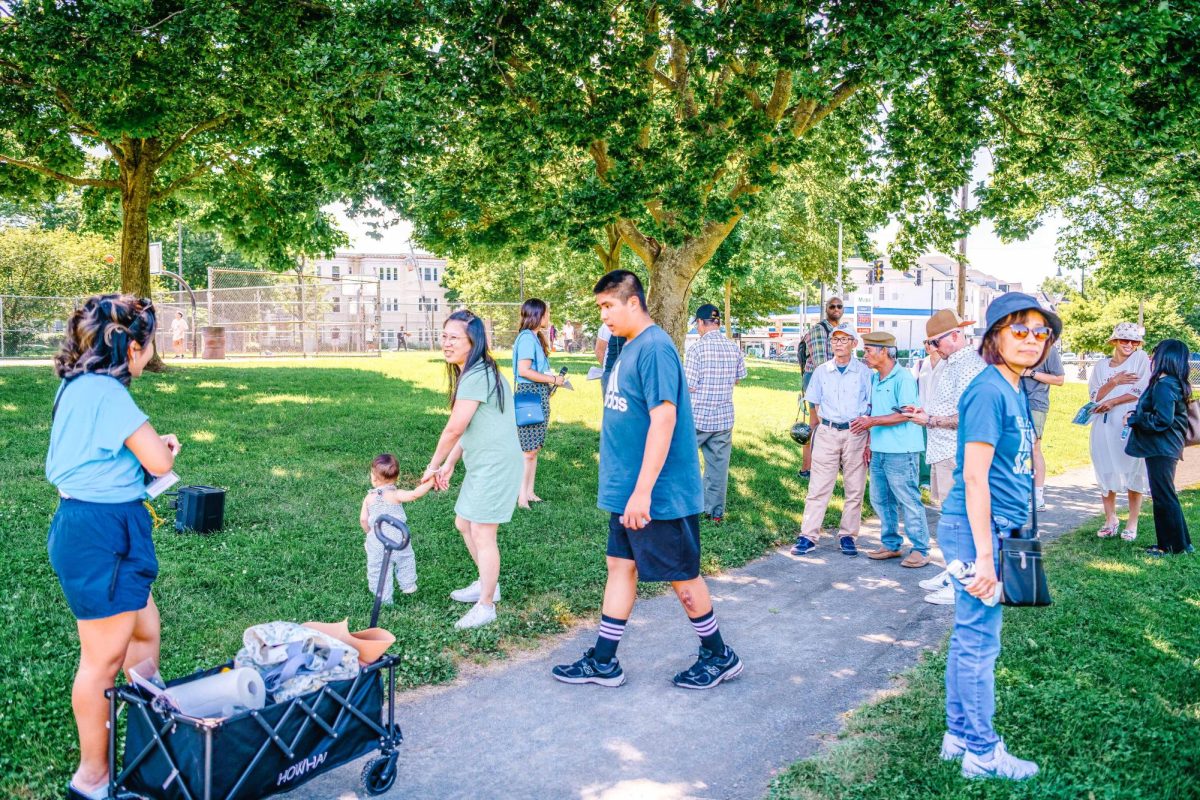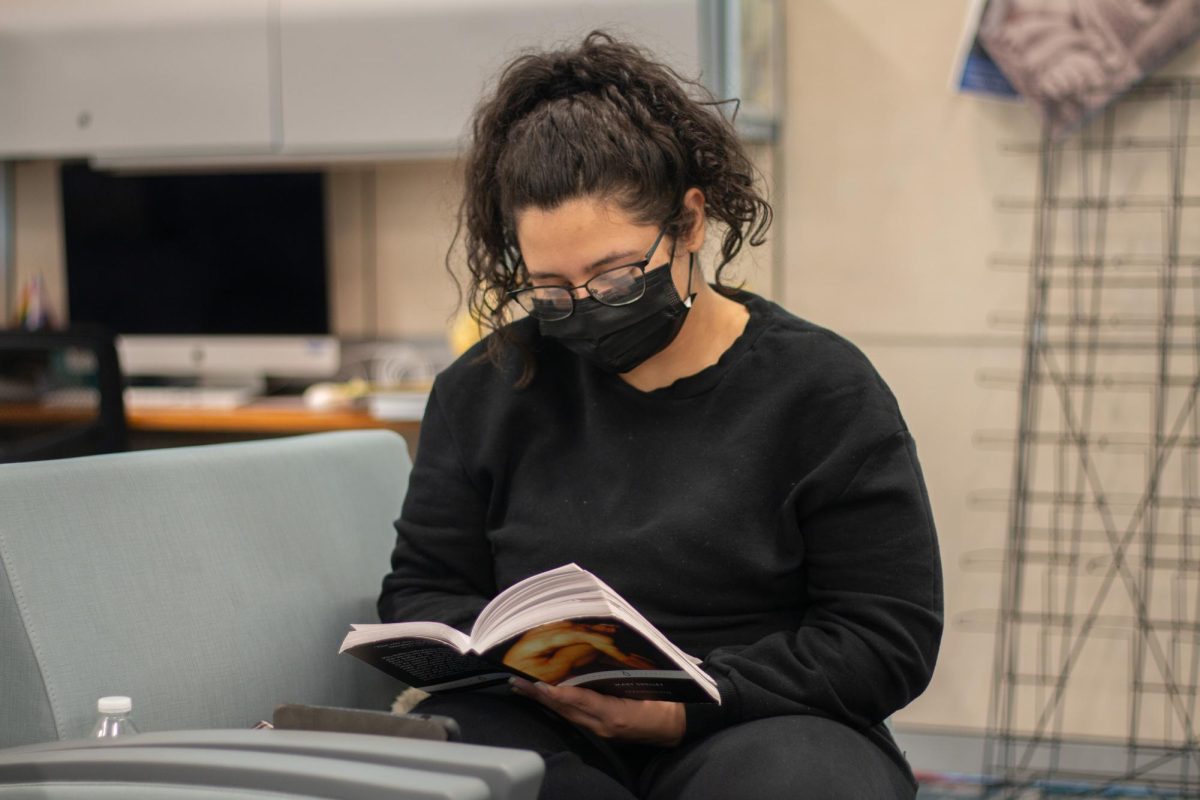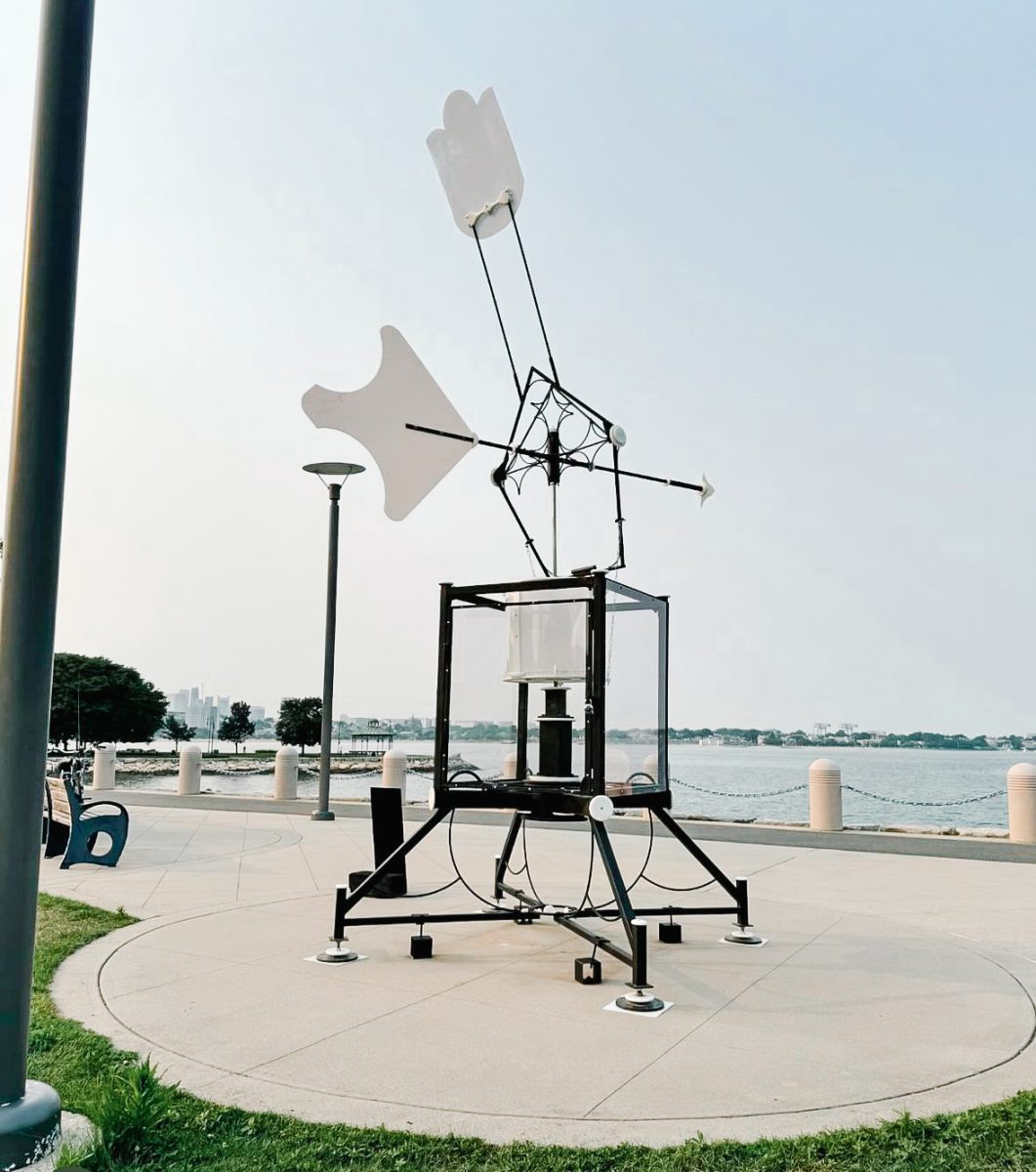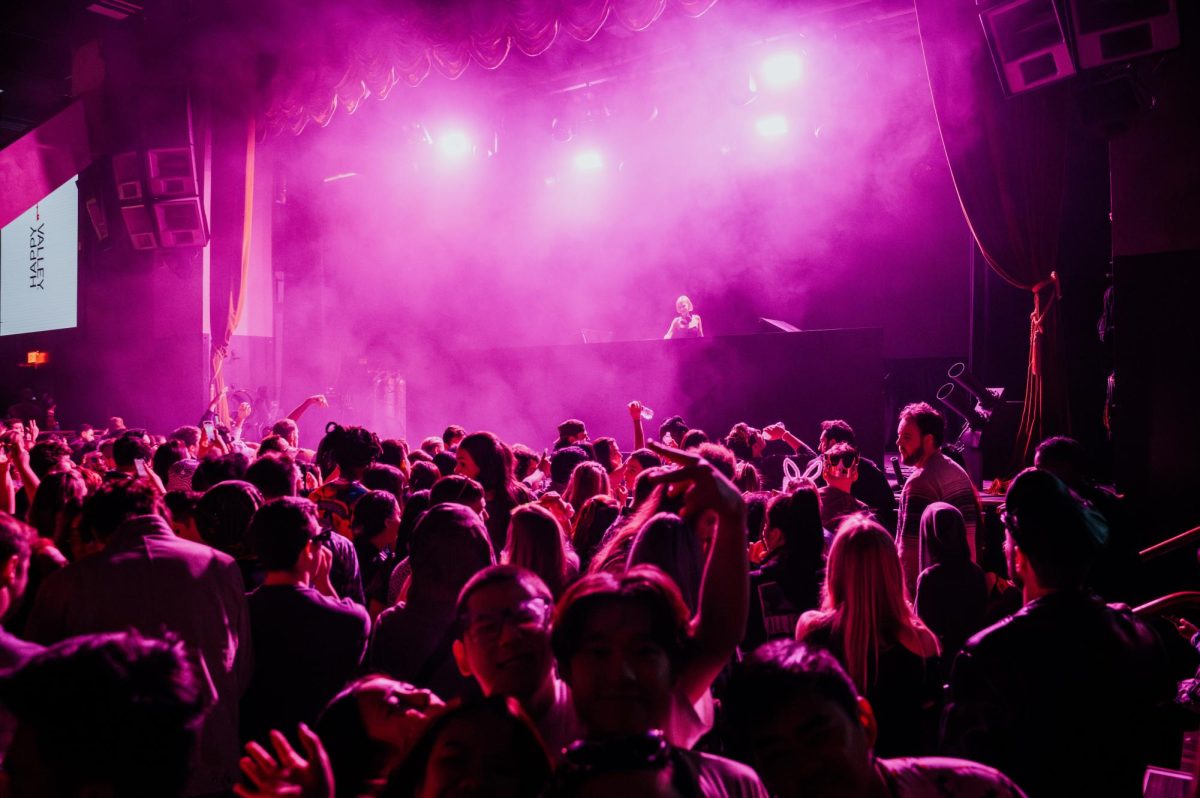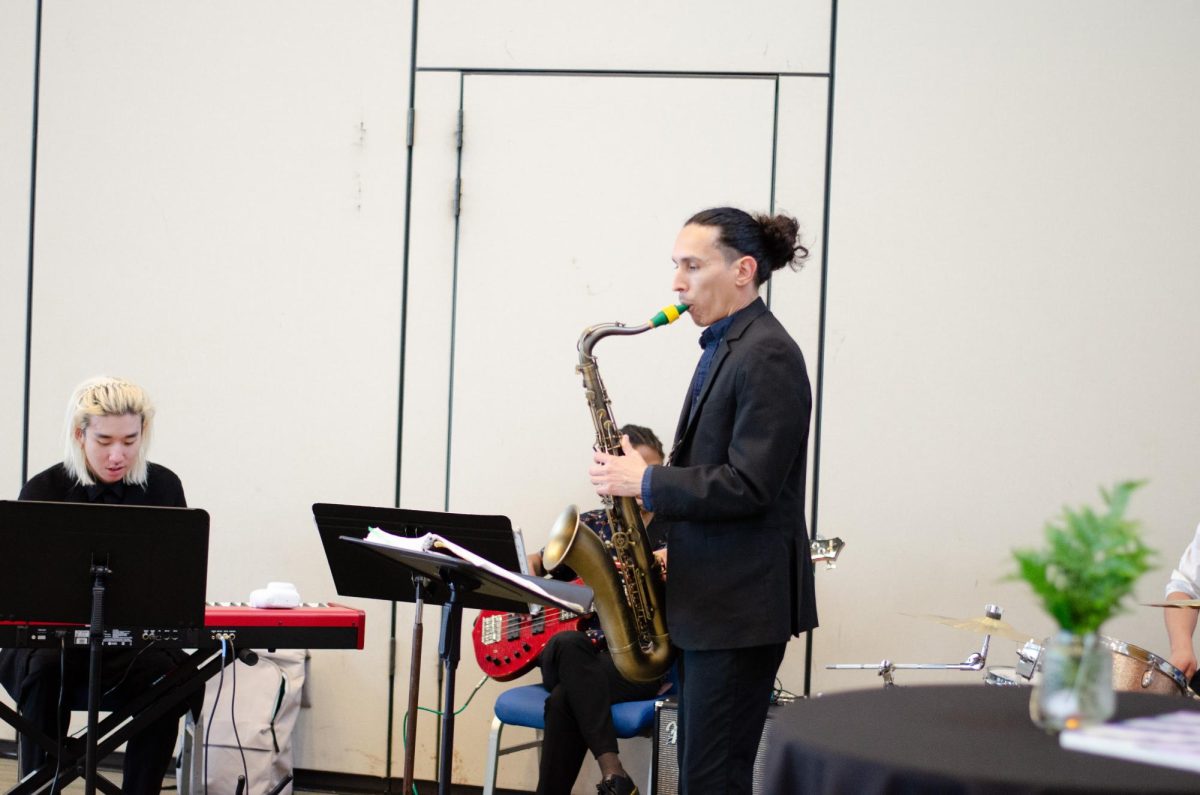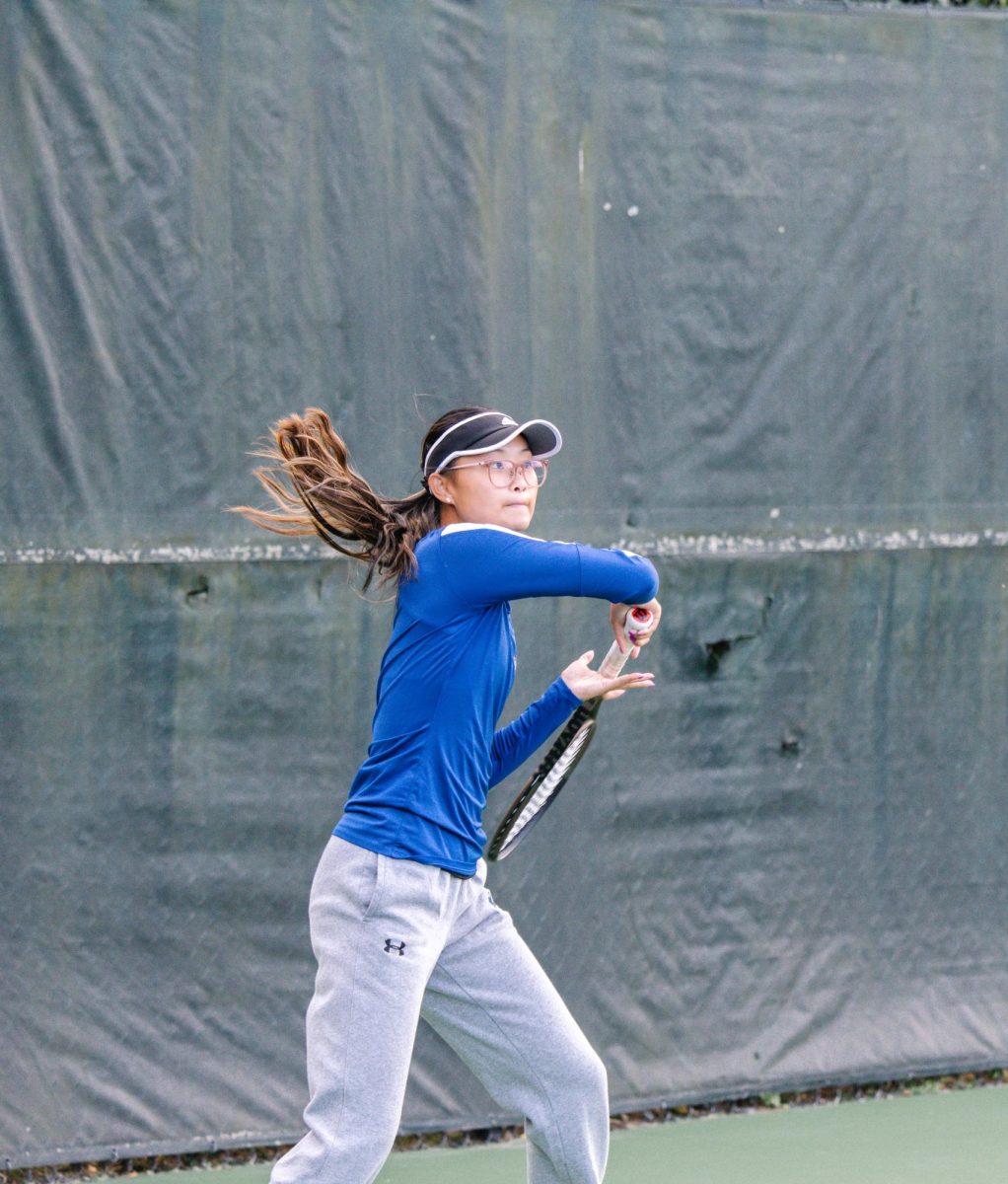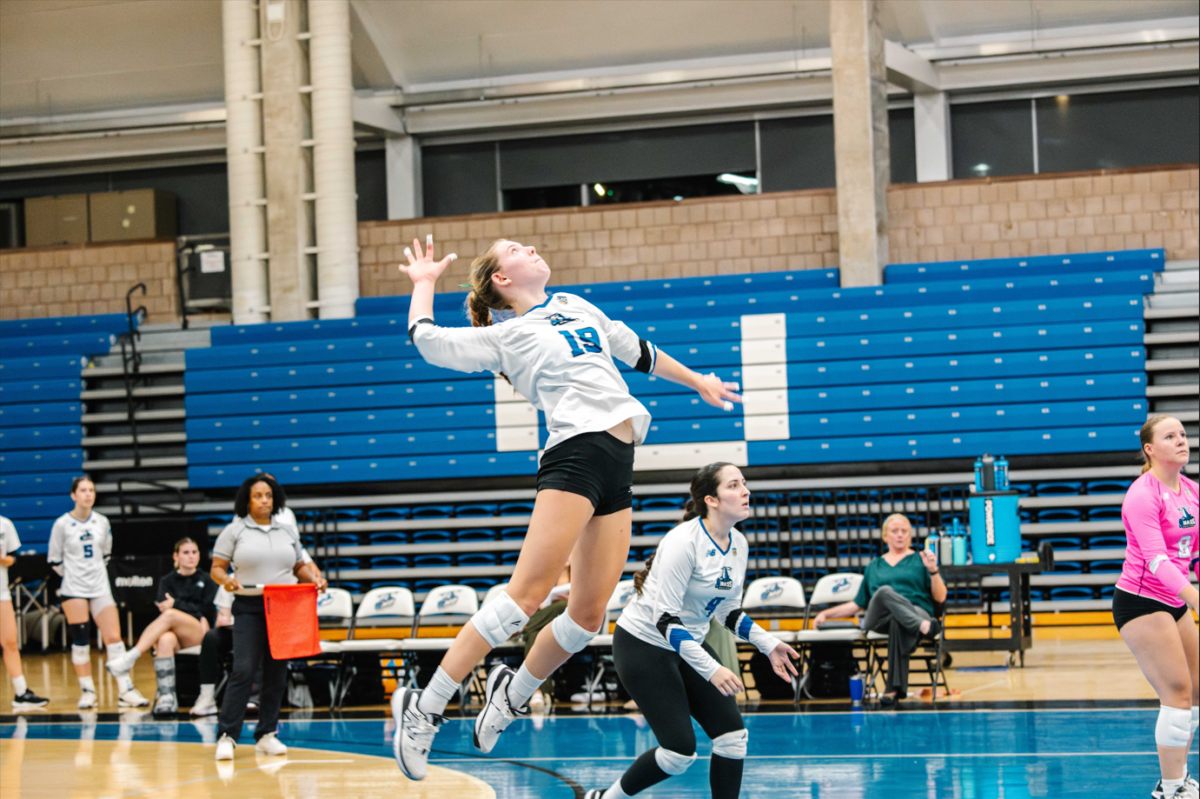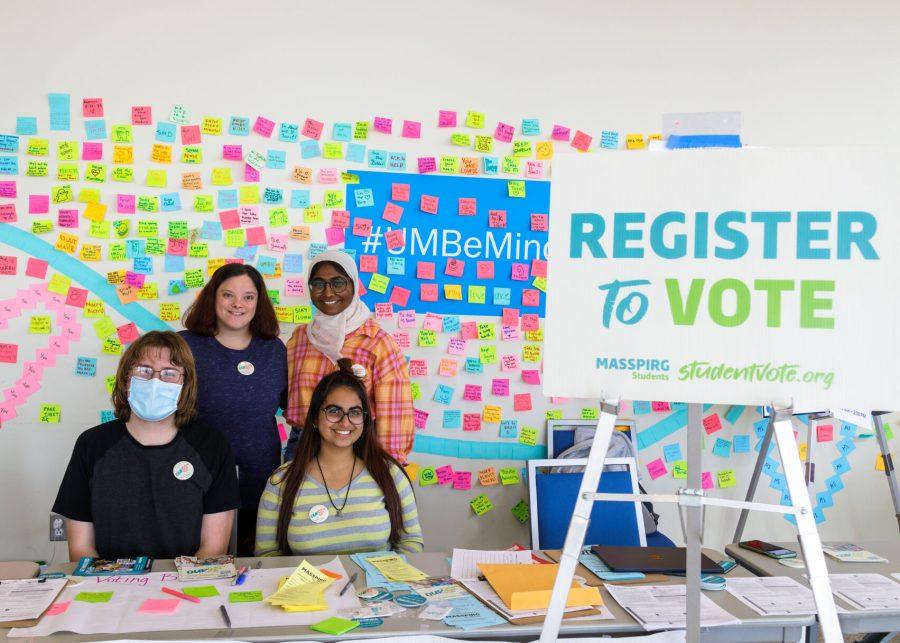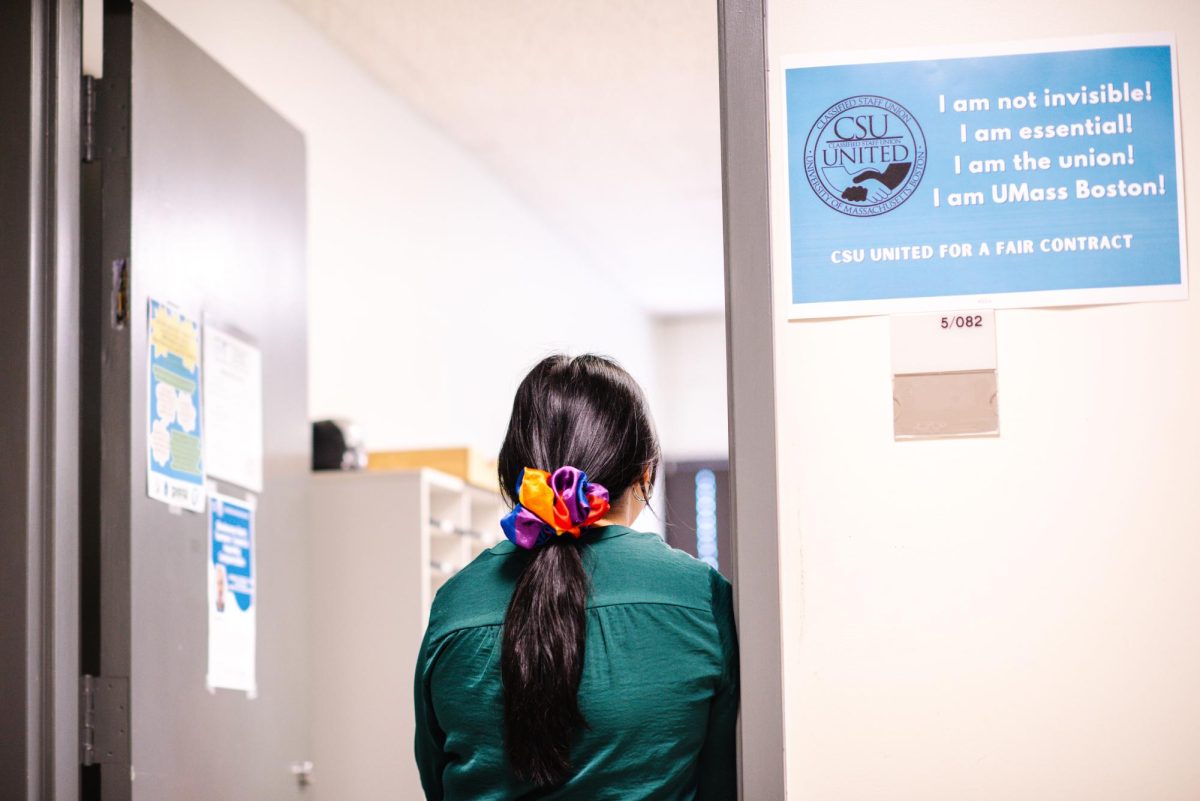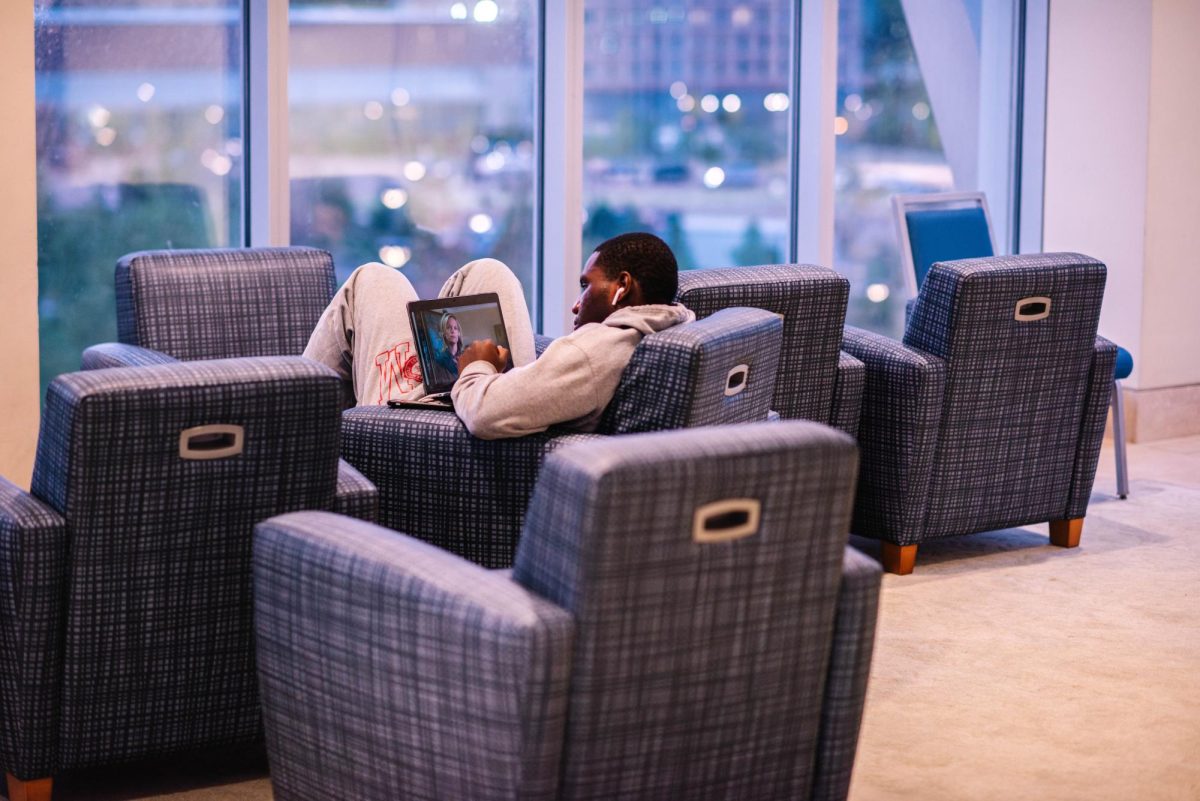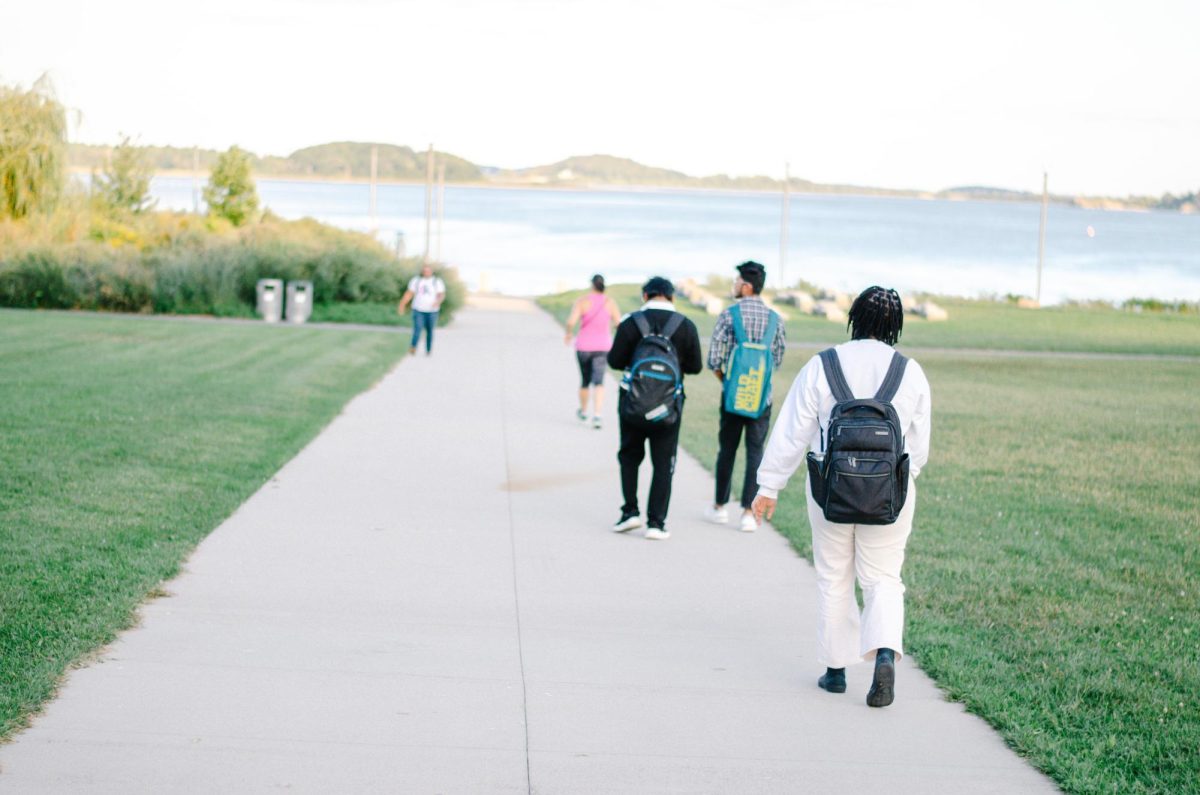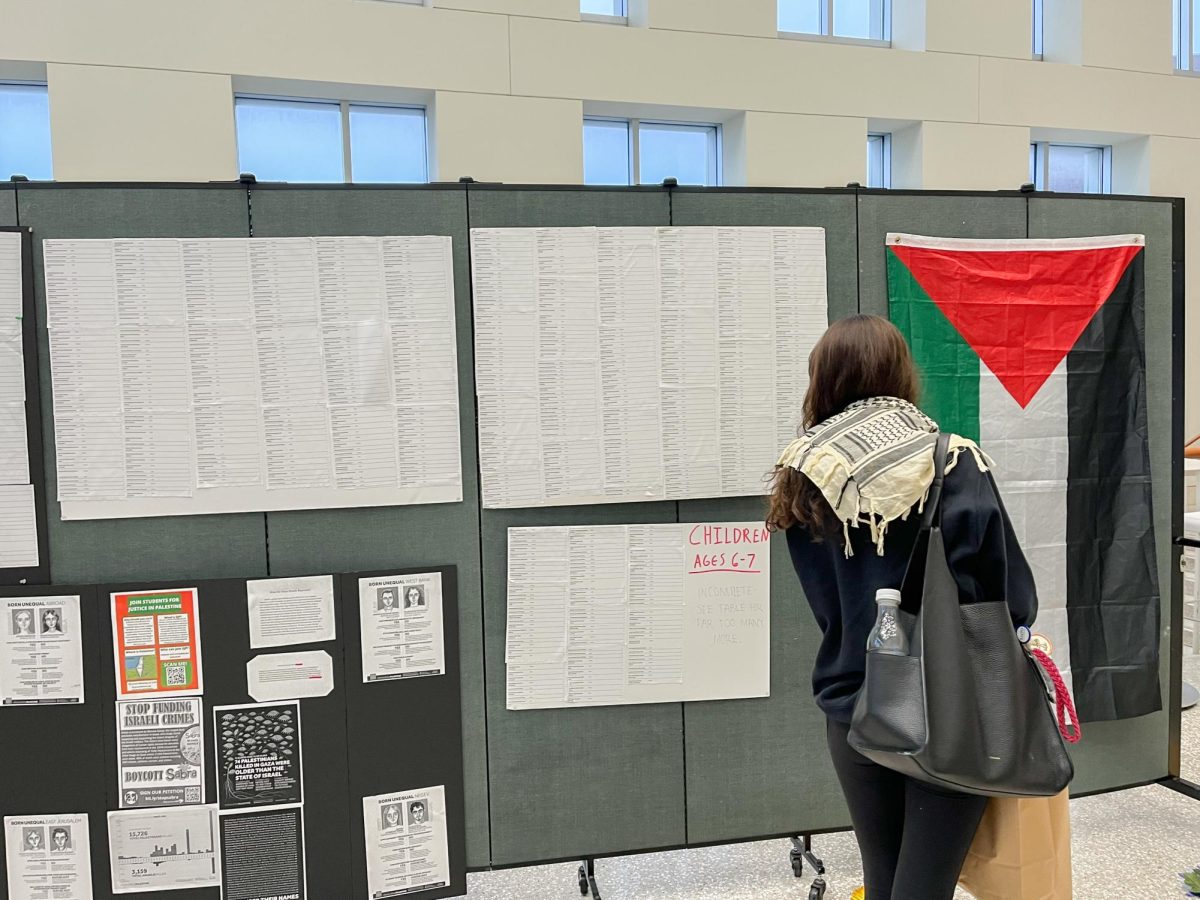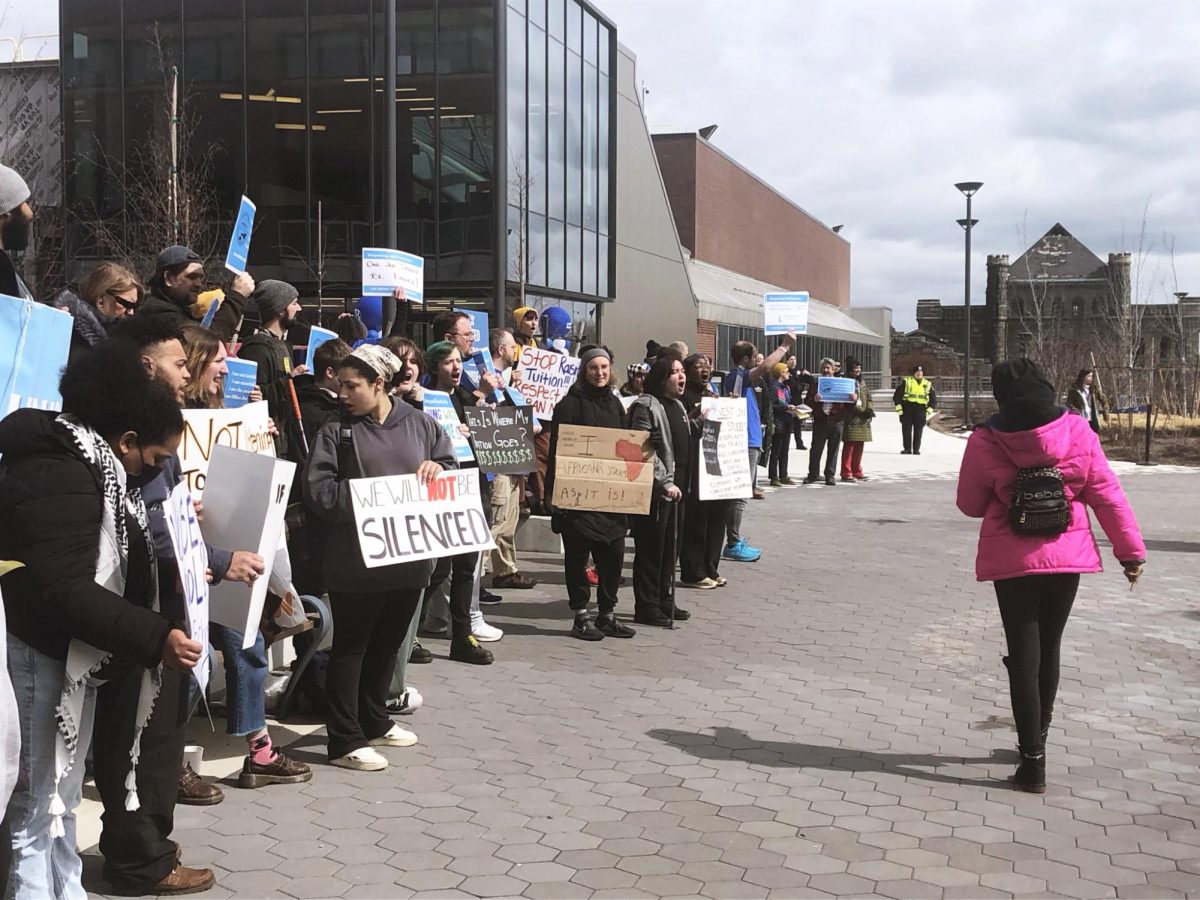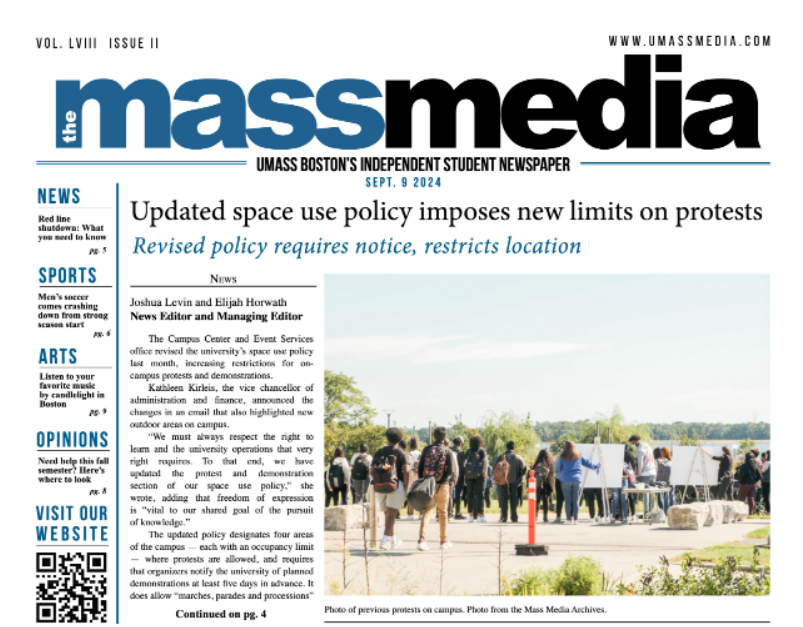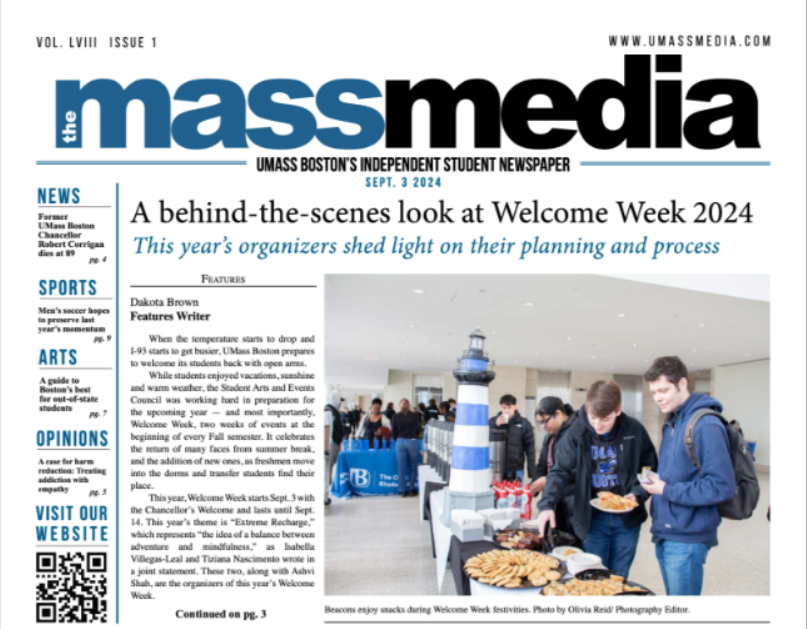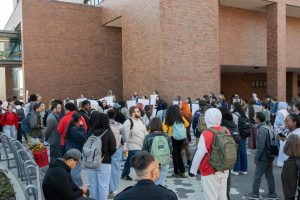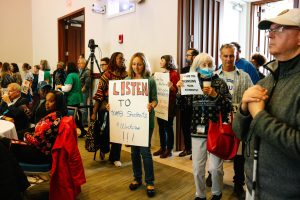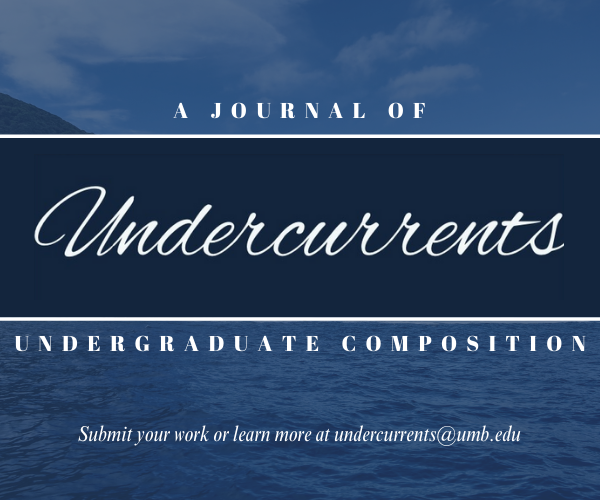President Wilson Pays Up
September 11, 2009
Undergraduate students can expect $1,100 back from UMB in two installments this year. The rebate resulted from a second round of stimulus money that came to UMass over the summer.
In February the UMass Board of Trustees implemented an emergency $1,500 fee increase to fill a $102 million revenue shortfall. When the fee hike passed UMass President Wilson promised to refund students if the University got further funding from the sate.
Responding to the shortfall, a result of a decrease in state funding for the University’s 2008-2009 budgets, Governor Deval Patrick and the state Legislature gave UMass a portion of federal stimulus money over the summer.
“Higher education is not immune to the budget crisis as you all know,” said Governor Patrick in a press conference held at the UMB Campus Center this spring. “Unfortunately we can’t avoid every difficult decision in higher education even with the help of the federal recovery funds, but thanks to those funds we can soften the blow.”
Though the stimulus for UMass was not enough to refund the entire $1,500 increase to all UMass students as Governor Patrick said it would in his speech, it has softened the blow. UMass President Jack M. Wilson announced in a press release at the beginning of August that the University intends to make good on a commitment he made in February to rebate at least some of the fee increase if the University was able to get stimulus money.
“We are able to go forward with this rebate because of funding steps taken by Gov. Patrick and the Legislature,” said Wilson. “[They] have made excellence and affordability at UMass a top priority.”
Sorting through fall financial aid packages to determine which students are not eligible for the $1,100 is a tedious task said Judy Keyes the Director of Financial Management at UMB. There are 6,577 students who need to be reviewed so that students with grants get the proper rebate.
“Each situation needs to be examined individually,” said Keyes. “With billing and financial aid in flux we probably won’t have the full picture until the 18th for full time students, and later, probably the end September, for part time students.”
The rebate will be broken into two installments of $550, one issued in the spring, and the other in the fall. Students who have already paid for school this fall may get their $550 check as early as the 15th of September, but the Bursars office needs to wait for the Financial Aid Office to finish their review before sending a rebate to any students who are getting financial aid this year.
“The flip side to the coin is the school can’t really afford the rebate,” cautioned Student Trustee Tara DeSisto, the elected student member of the Board of Trustees. “From what I have heard the only reason we can make this happen is the second wave of stimulus money came in, but that money is scheduled to dry up in 2011.”
Fee increases hinge heavily on state funding for higher education, which has steadily declined over the years. Without the stimulus money, most UMass Trustees, including DeSisto, feel that fee increases would be inevitable. However, in numerous interviews, UMass trustees and administrators have reiterated that their commitment to keeping fee increases lower than the rate of inflation year to year has not changed.
UMass President Wilson concluded the press release by offering assurances of the administrations goal to putbstudents first. “Our consistent position has been to keep student-charge increases as low as possible, thereby ensuring access and affordability.”
So far UMass has accomplished this despite budget difficulties, Student Trustee DeSisto explained. Someone has to pay for quality education whether it is the state or the students.
“From what I’ve seen, the UMass Trustees are committed to keeping this school affordable and diverse,” said DeSisto. “I’m not as confident about how committed the state is to funding public Universities adequately.”

